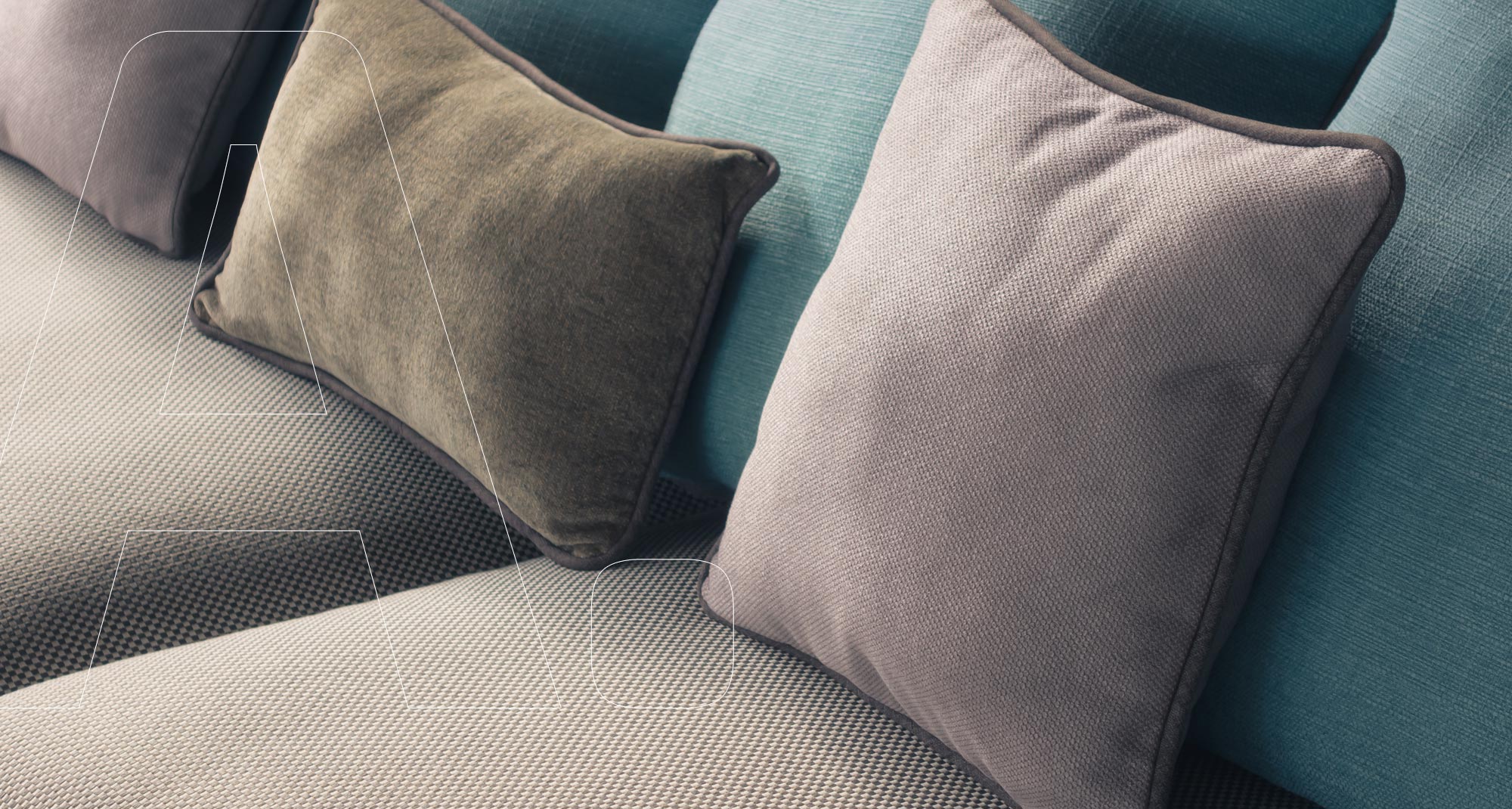
Mold growth is a significant issue in most homes and businesses. This quick-spreading organism can cause a myriad of health problems and negatively impact the structural integrity of your home. This article explores more about mold, the perfect conditions for its growth, and where to find it in your home or business.


There are various reasons why mold may grow in your home or business. Here are the most common causes for mold growth in your home:
Mold is fungi made up of thread-like filaments known as hyphae, which form mycelium. Being heterotrophic, mold does not make its food but absorbs nutrients from other organic substances. When mold grows on a surface, it releases mold spores, which get quickly scattered in the indoor environment. Inhaling these spores in large amounts can cause various health issues like allergies. Nevertheless, molds are helpful outdoors as they help break down dead plants, leaves, and trees.
Mold is a living organism, and it requires various factors to grow and thrive. Here are the conditions that create an ideal environment for mold to grow.
A warm temperature is an ideal environment for mold to thrive. Generally, the higher the temperature, the faster the mold grows. Mold reproduces faster in temperatures above 60 degrees F. This means that you can see more signs of mold during the summer months than during winter.
Mold grows best in the presence of water. Excessive moisture in your home can significantly encourage the growth and spread of mold. To solve this issue, ensure that you fix all broken or leaking pipes and dry areas that tend to moist all the time.
Being a living organism, mold requires moisture to survive. Simply put, mold growth is promoted in areas where the moisture level is higher than 60% relative humidity. According to the EPA, maintaining the humidity levels between 30% and 60% can help prevent mold growth.
To prevent mold from growing in your house, you need to monitor the indoor humidity and control the moisture. Also, identify any sources of moisture problems and resolve them as soon as possible.
Another factor necessary for mold to grow and spread is darkness. Mold and spores don't grow outside in direct sunlight since the ultraviolet rays from the sun will kill them. Therefore, you need to pay attention to dark areas in your home when inspecting for mold.
Mold spores play a vital role in mold growth. These are cells scattered and distributed in the air during reproduction and form mold where conditions are favorable. Mold spores are very tiny and cannot be detected by the naked eye, and the only way to prevent them is to install air purifiers in your home.
With the right conditions in place, mold can grow on different surfaces. Here are some areas where mold loves to grow.
When you know where to find mold in your home or business, it will be easier to take action and prevent it. The following are common places where you can find mold in homes.
One of the most prominent places to find mold is in the bathroom. Mold thrives well in areas with high moisture levels, and the bathroom offers the perfect conditions. Generally, you can expect mold growth on surfaces with water, including showers and bathtubs. These areas are primarily damp because of repeated use and provide the best conditions for mold spores to thrive.
The sink and toilet are also typical places to find mold. These areas are usually damp and may encourage mold growth if they are not adequately cleaned and dried. Therefore, you may want to check the toilet tank, sink faucet, inside the toothbrush holder, beneath the bathroom sink, and the sink and toilet pipes.
Another area you may want to check for mold is the kitchen. There are several places you may find mold in your kitchen, including in and beneath the kitchen sink. With faucets running, wet sponges, and dirty dishes sitting in your sink, you may notice a moldy odor. Additionally, you may want to check for mold underneath the sink, especially if you have leaky pipes.
Also, leftover food in the garbage disposal and spoiled food in the pantry and refrigerator can encourage mold growth in the kitchen. Other places to watch in the kitchen include the microwave, behind the stove, trash cans, wooden cutting boards, and window sills.
Although a more rare place to find mold, you may still want to check for signs of mold in your bedroom. You may want to examine different areas like the mattress, windows and window sills, air conditioner vents, and heating vents in the bedroom.
The attic is highly susceptible to mold growth and mold frequently takes residence in attics. Often times attics suffer from poor ventilation, which can encourage molds to grow. Some hot spots to check for mold in the attic include insulation, near the furnace or water heater, and the roof if there are any potential leaks up there.
Like the attic, a basement is a dark place where you are less likely to spend time. The basement usually has increased moisture, and mold may hide in places like windows and vents, near sump pumps, around pipes, and in areas where there is leakage. Active moisture or discoloration on the wood could be a sure sign of the presence of mold in your basement.
The garage is another place in your home that may be prone to mold. You may want to inspect for mold around the garage doors and windows, behind or under the storage areas, near any water leaks, or where water is stagnant. These are some of the areas in your home you may want to check for mold growth. Don't ignore any visible mold signs, even if they are small since mold can spread quickly.
While doing a thorough cleaning can get your house clean, it will not eliminate mold. For this reason, it is recommended to contact a mold specialist when you notice signs of mold in your home. Mold inspection, removal, and remediation specialists are well trained and have specialized equipment to deal with mold growth. What's more, they can inspect your home for other signs of mold and determine where excess moisture is coming from. They will also ensure that no mold is left after the treatment.
Mold is not only unsightly, but it can also cause health issues if not dealt with within a reasonable time. Knowing where mold loves to hide can enable you to prevent your home from a serious infestation.
If you have noticed signs of mold or are unsure whether your home is infested with mold, UCM Carpet Cleaning Ney Hyde Park can be of help. We are an IICRC certified, bonded, and insured mold remediation company that has been providing quality mold remediation services to the residents and businesses of New Hyde Park for over 15 years. Whatever your mold needs are, get in touch with us today at 516-519-3141 for a free quote.

